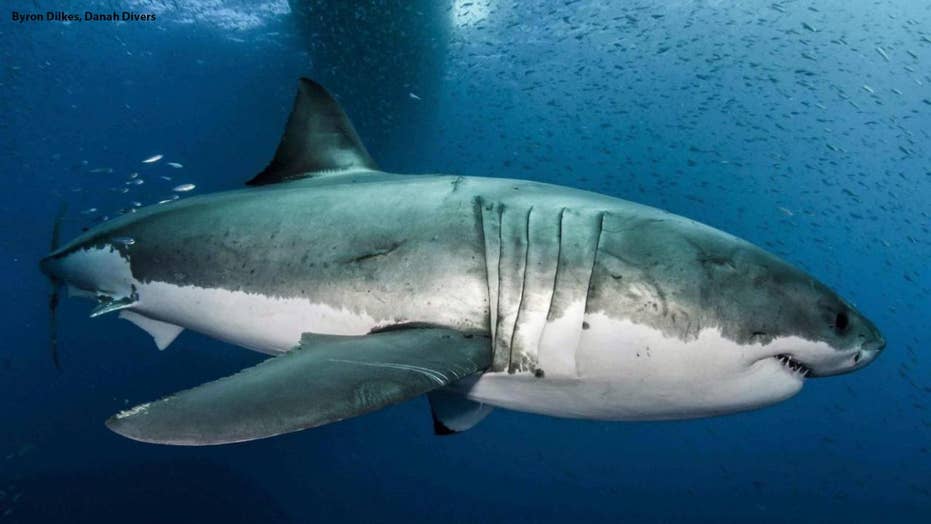For years, that's been the goal for scientists and conservationists to learn as much as they can about sharks. As their populations have dwindled over the years, biologists have been focusing on identifying the obstacles that these sharks are facing.
But what if I told you we have been missing a key question about these magnificent creatures? What if they held more answers than questions?
Can sharks save us?
In a new scientific discovery, the answer to how humans and sharks can benefit from each other may be close. Sharks experts may have uncovered the secret of the genes of these apex predators, that their DNA can help cure cancer and other age-related diseases. This discovery could be one huge step for the future of nature and mankind.
 |
| Photo courtesy of Natalie O'Neill |
The published research was carried out by a team of scientists at the Save Our Seas Foundation Shark Research Center at Nova Southeastern University in Florida. The focus of this study was to compare the stability of genes in both humans and sharks. The main difference they found was the vulnerability held in both types of genetics. The fact that genes in humans are relatively unstable is what makes us more vulnerable to age-related diseases such as cancer.
Sharks on the other hand don't have that problem. The reason could be that they have been around for millions of years before humans. Sharks have evolved to a point where their DNA is able to repair itself, making them much more tolerant to damage. This is a fascinating finding and prospect to cancer research.
 |
| Photo Courtesy of Rory Arnold |
While this group of scientists hasn't found all the answers, they have confirmed that the source of healing power within their DNA comes from the mutations within it.
A mutation is a permanent alteration in the DNA sequence that makes up the gene and it occurs after the gene gets damaged. The presence of strong mutations could be what helps them build up their immune system. In addition, the genes of a Great White contain one and a half times the amount of information compared to that of a human.
During the study, Dr. Michael Stanhope, co-director of the Save our Seas Foundation, found that the genes of Great Whites contain a high number of interspersed nuclear elements. These elements are supposedly what make genes unstable by creating double-stranded breaks in the DNA. This seemingly is an indication that sharks are more vulnerable to the disease. However, Dr. Stranhope believes otherwise. He stated that this presence of interspersed nuclear elements could represent how these sharks have a strong selective agent within their DNA as a result of evolution. The fact that these sharks have evolved over millions of years is the most likely reason for how they developed such efficient DNA repair mechanisms.
One reason humans have failed to see the importance of shark conservation is because they are unable understand the importance as to why sharks are essential to scientific frontiers.


No comments:
Post a Comment